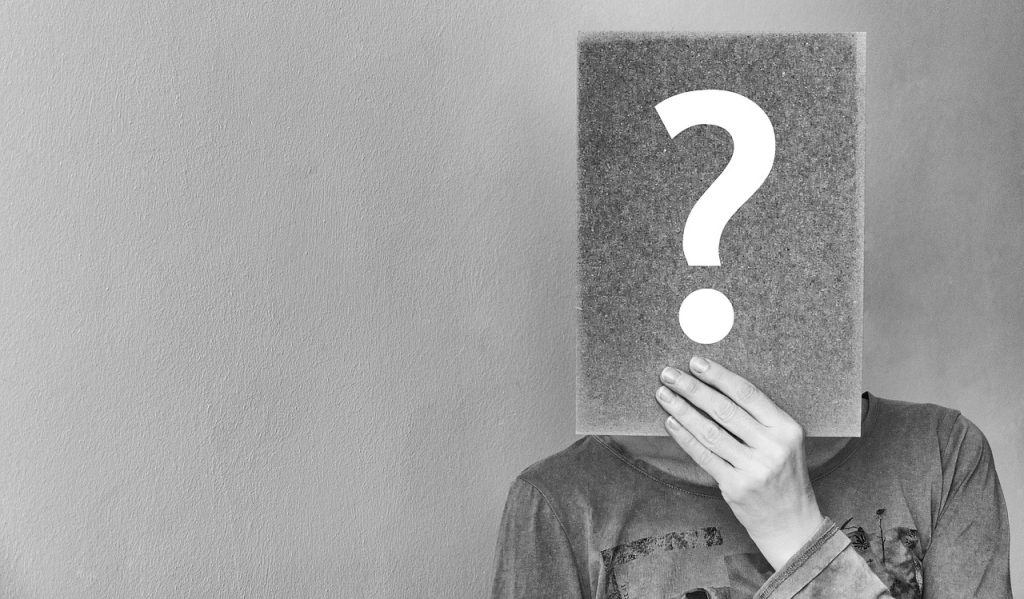Alcohol

Alcohol is one of the most addictive substances there is out there and its totally legal. Its estimated that almost 20% of New Zealand has a drinking problem.
How can alcohol impact us?
Physical, Mentally & Emotional well-being
For detailed specifics, please see this information from Alcohol.org.nz.
Alcohol is a depressant or ‘downer’; it is most often used to mitigate some level distress; social distress (anxiety in a group setting), low sense of self, hurt, trauma, grief etc.
It supresses the pre-frontal cortex of our brains – I often refer to this as my Go/Stop/Pause button. When this button isn’t working at its best, behaviours normally supressed will begin to present.
Under the influence of alcohol, we may do things we would never normally do.
And, because alcohol is also a depressant, when we use alcohol, we often develop a heightened vulnerability to a sense of hurt or other wrong-doing.
This may mean when we feel that we have been hurt or wronged in some way, and with our Go/Stop/Pause button not working as it should, we may be even more likely to do things we really would never normally do!
Because it remains so socially acceptable, the risks associated with and cost of alcohol on individuals, families and society is often minimised. For more information on the societal cost of alcohol in New Zealand see these fact sheets (link to alcohol fact sheets in resources section)


Relational well-being
The impact of our use of substances may have significant impacts on our relationships. We may become less responsive to family and individual needs of partners and children. We may neglect tasks and responsibilities that make their lives more complex and difficult. Apparent instability often leads to our families feeling less secure, vulnerable to our unstable moods and behaviours. Substance use can cause significant issues in work-places and may in fact preclude us from getting or keeping work – we might not pass the drug tests? The financial implications of our use can also erode the financial well-being of our families, theirs’ and our futures. Compounding these impacts, we often choose to withdraw from our safe and protective relationships and gravitate towards relationship with others who may enable or even support the behaviours that are causing the issues for us.


Our core sense of self – our Spiritual well-being
We know and feel the distress associated with all of the above issues; more we know and feel the distress of letting ourselves down. We struggle at the very core of our being with the dis-connect between what we want to do and what we see ourselves doing. Often focusing on the damage we have already done, we struggle to see a future that contains anything more than a continuation of this distress – we see ourselves as being bad! We can’t see a way back – how we could make up for the damage we’ve done, how we can manage the guilt and shame we carry as a result of that? These can be devastating to a person – but, I can assure you, there is a way back; in fact, there are many! Lets’ walk together for a while as you begin to discover some that might be helpful for you! Take this simple screen to see if your use of alcohol might be a problem? If you answer ‘Yes’ to two or more of these questions, it may be – contact me today! An outline of how we could work together to manage your use of alcohol, is offered here

WARNING:
Withdrawing from using alcohol may involve mild to potentially life-threatening symptoms – see this article for more information.
If you have been a long-term user of high amounts of alcohol, please talk with me or other professionals about how to withdraw safely!

